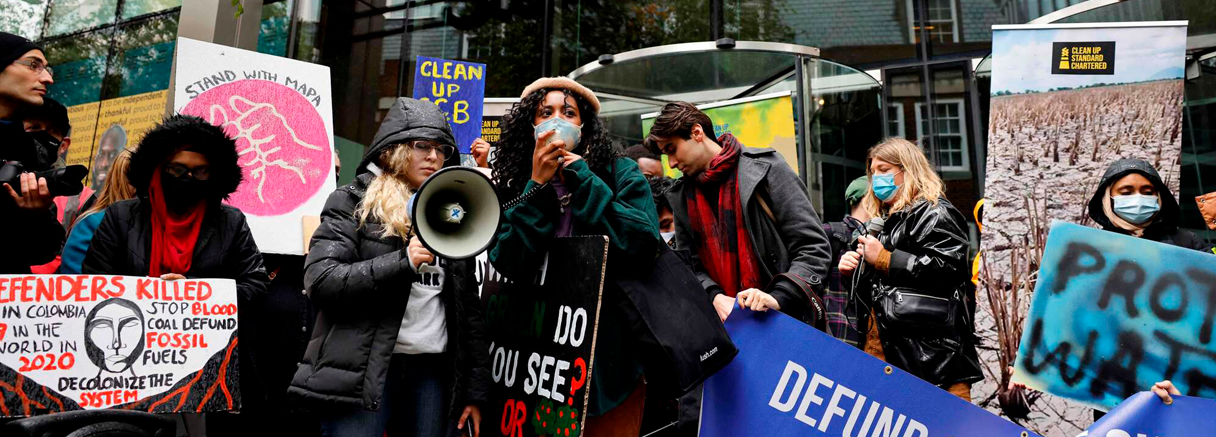Explainer: Climate Finance and COP28

Climate finance plays a crucial role in the global fight against climate change. It includes various financial tools such as grants, loans, and investments, to support climate-related projects in developing countries.
COP28, the 28th Conference of the Parties to the United Nations Framework Convention on Climate Change (UNFCCC) is expected to significantly change this financial foundation, focusing on mitigating and adapting to climate change.
The $100 billion per year climate finance commitment was made in 2009, when wealthy countries pledged to provide $100 billion in annual financial assistance to developing nations by 2020. However, it became clear that this target would not be met. This has been a major topic of contention, with developing nations criticising the wealthy nations for their lack of dependability. In contrast, wealthy nations have cited difficulties in mobilizing grants and loans.
COP28 is now in the spotlight, offering hope for addressing past shortcomings and paving the way for a more fair and effective future.
Climate finance is critical, and COP28 is expected to significantly address the successes and shortcomings of the current $100 billion annual commitment, which is set to expire.
While this commitment has helped developing countries advance their climate action, it has yet to meet actual needs.
Additionally, the reliance on loans has contributed to the mounting debt burdens of these nations. COP28 presents a unique opportunity to rectify these deficiencies and establish a more ambitious trajectory for climate finance.
The conference has outlined essential goals for the future of climate finance, among them to fulfill the $100 billion pledge. In addition, discussions will begin on a new climate finance target post-2025 to surpass the existing annual commitment.
The conference will also focus on strategies to reform multilateral development banks, mobilize private finance, and reduce risk, promoting the role of these institutions in climate finance. There will be a strong emphasis on the need to increase funding for adaptation measures, recognizing the vulnerability of countries facing the impacts of climate change.
The magnitude of climate change requires trillions, not billions, of dollars to mitigate and adapt effectively.
COP28 is poised to address the financial needs of developing countries grappling with loss and damage due to climate change while galvanizing increased commitments to adaptation finance.
From it, developed nations are expected to demonstrate commitment by delivering on their pledges and providing immediate and substantial funding to combat climate change.